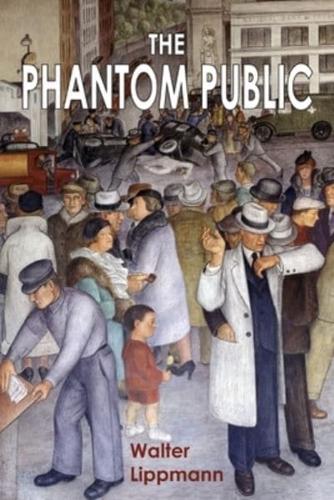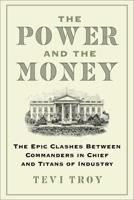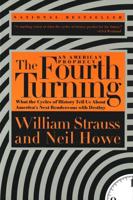Publisher's Synopsis
2022 Reprint of the 1925 Edition. Lippmann's The Phantom Public expresses the author's lack of faith in the democratic system by arguing that the public exists merely as an illusion, myth, and inevitably a phantom. As Carl Bybee wrote, "For Lippmann the public was a theoretical fiction and government was primarily an administrative problem to be solved as efficiently as possible, so that people could get on with their own individualistic pursuits". Lippmann posits that society is made up of two types of people: agents and bystanders (also referred to as insiders and outsiders). The agent is someone who can act "executively" on the basis of his own opinions to address the substance of an issue, and the bystander is the public, merely a spectator of action. Only those familiar enough with the substance of a problem are able to then analyze it and propose solutions, to take "executive action." Most of the time the public is just a "deaf spectator in the back row" because, for the most part, individuals are more interested in their private affairs and their individual relations than in those matters that govern society, the public questions about which they know very little. Remains an interesting discussion to this day.
Contents: The disenchanted man -- The unattainable ideal -- Agents and bystanders -- What the public does -- The neutralization of arbitrary force -- The question Aristotle asked -- the nature of a problem -- Social contracts -- The two questions before the public -- The main value of public debate -- The defective rule -- The criteria of reform -- The principles of public opinion -- Society in its place -- Absentee rulers -- The realms of disorder.








